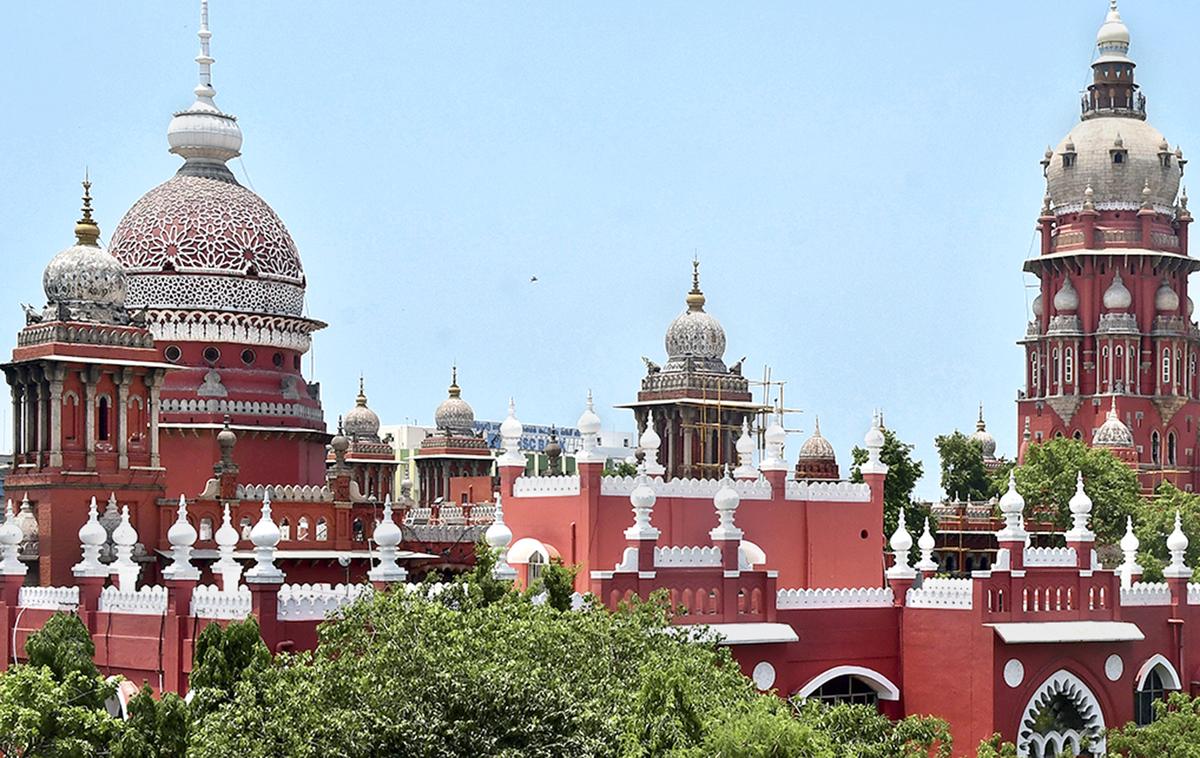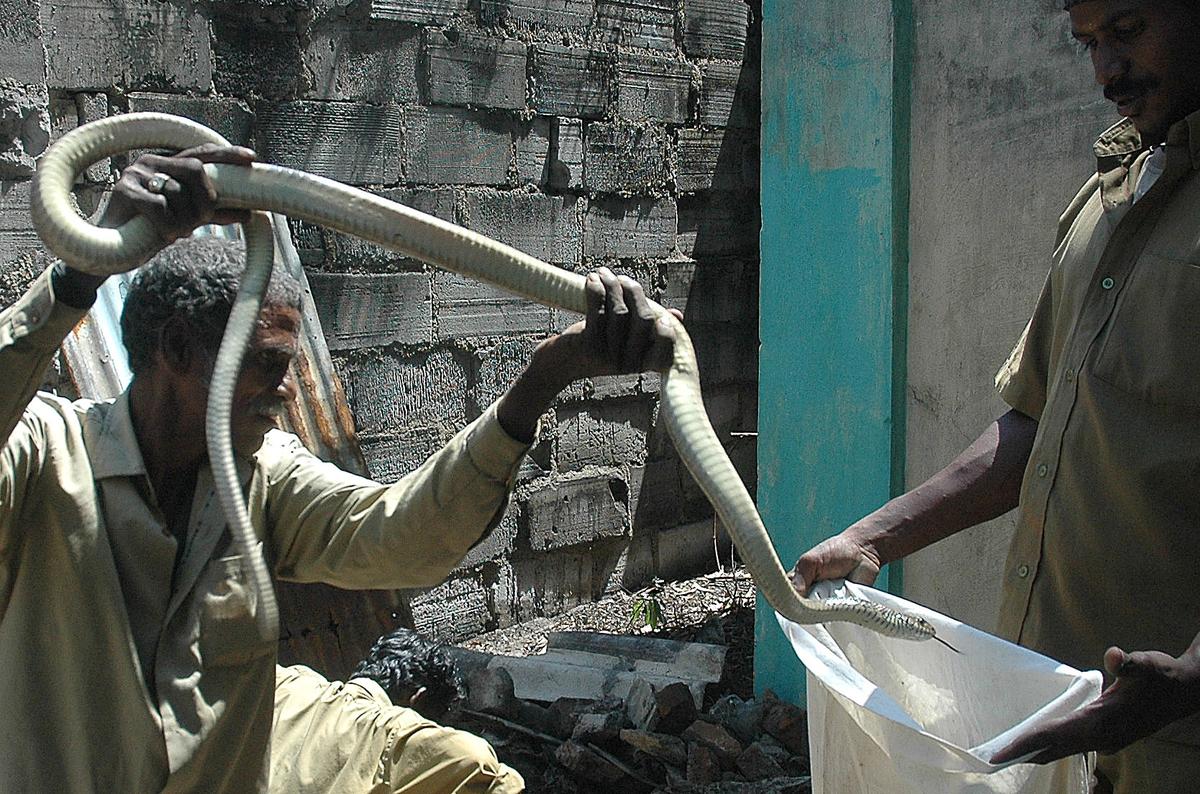Home / tamil-nadu / Tamil Nadu Government and TASMAC Challenge ED Raids in Court
Tamil Nadu Government and TASMAC Challenge ED Raids in Court
By: My India Times
3 minutes read 49Updated At: 2025-03-20

The Tamil Nadu government and the Tamil Nadu State Marketing Corporation (TASMAC) have filed a petition in the Madras High Court against the recent raids conducted by the Enforcement Directorate (ED). Earlier this month, there were some pretty intense raids aimed at TASMAC, which is the state-run liquor retail monopoly. They’re alleging that there are some financial issues that clock in at over ₹1,000 crore. The state government argues that the ED’s moves are messing with federal principles and stepping on state autonomy, so it looks like we’re gearing up for a big legal showdown.
Legal Battle Over State Autonomy
The Tamil Nadu government is saying that the ED is overstepping its boundaries and messing with how the state manages liquor sales. TASMAC, which works under the state’s authority, has been a huge source of income for Tamil Nadu. The petition claims that the ED's searches happened without asking the state first, which goes against the principles of federalism laid out in the Indian Constitution. The government has sought legal intervention to restrain the ED from further actions against TASMAC without state approval.
ED’s Allegations of Corruption
The ED says its investigation found some serious financial shenanigans going on within TASMAC. They’re talking rigged tenders, favoritism for certain distilleries, and extra charges slapped on liquor bottles that weren’t supposed to be there. Apparently, officials took advantage of their positions to squeeze out an extra ₹10 to ₹30 per bottle, which has led to huge losses in revenue. They also got their hands on some really damaging documents about transport tenders and bar license distributions, which they claim show a bigger web of corruption in the state’s liquor scene.
TASMAC and Government’s Defense
In response, the Tamil Nadu government and TASMAC have strongly refuted the allegations, stating that the ED’s actions are politically motivated. They argue that the agency has overstepped its authority by conducting intrusive searches and detaining employees without due process. According to government sources, TASMAC officials were subjected to prolonged questioning, and several employees were allegedly harassed. The government has demanded that the ED provide copies of the Enforcement Case Information Report (ECIR) and justify the legal basis for its actions.
Madras High Court's Intervention
The Madras High Court has taken cognizance of the matter and has directed the ED to submit a detailed response regarding its raids on TASMAC. A division bench of Justices MS Ramesh and N Senthilkumar has sought explanations on whether the agency adhered to legal procedures and respected state jurisdiction. The court has also asked the ED to clarify the basis of its financial misconduct claims and whether it obtained the necessary approvals before conducting searches.
Political Repercussions and Opposition's Stance
The controversy surrounding the ED’s raids has sparked a heated political debate in Tamil Nadu. The opposition Bharatiya Janata Party (BJP) has accused the ruling Dravida Munnetra Kazhagam (DMK) of shielding corruption within TASMAC. BJP leaders have staged protests demanding a transparent investigation into the alleged financial misconduct. Meanwhile, the DMK has countered these allegations, asserting that the central government is misusing investigative agencies to target non-BJP-ruled states. Chief Minister MK Stalin has labeled the raids as an attempt to destabilize the state administration ahead of the upcoming budget session.
Implications for Federalism and State-Center Relations
The legal dispute between Tamil Nadu and the ED underscores broader concerns about federalism in India. The issue raises fundamental questions about the extent of central agencies' authority in probing state-run enterprises without state consent. Legal experts argue that if the court rules in favor of the state, it could set a precedent limiting central agencies' powers in state matters. Conversely, if the ED is allowed to continue its probe unrestricted, it could embolden central agencies to conduct similar raids in other states, potentially altering the balance of power between the center and states.
....The Tamil Nadu government and the Tamil Nadu State Marketing Corporation (TASMAC) have filed a petition in the Madras High Court against the recent raids conducted by the Enforcement Directorate (ED). Earlier this month, there were some pretty intense raids aimed at TASMAC, which is the state-run liquor retail monopoly. They’re alleging that there are some financial issues that clock in at over ₹1,000 crore. The state government argues that the ED’s moves are messing with federal principles and stepping on state autonomy, so it looks like we’re gearing up for a big legal showdown.
Legal Battle Over State Autonomy
The Tamil Nadu government is saying that the ED is overstepping its boundaries and messing with how the state manages liquor sales. TASMAC, which works under the state’s authority, has been a huge source of income for Tamil Nadu. The petition claims that the ED's searches happened without asking the state first, which goes against the principles of federalism laid out in the Indian Constitution. The government has sought legal intervention to restrain the ED from further actions against TASMAC without state approval.
ED’s Allegations of Corruption
The ED says its investigation found some serious financial shenanigans going on within TASMAC. They’re talking rigged tenders, favoritism for certain distilleries, and extra charges slapped on liquor bottles that weren’t supposed to be there. Apparently, officials took advantage of their positions to squeeze out an extra ₹10 to ₹30 per bottle, which has led to huge losses in revenue. They also got their hands on some really damaging documents about transport tenders and bar license distributions, which they claim show a bigger web of corruption in the state’s liquor scene.
TASMAC and Government’s Defense
In response, the Tamil Nadu government and TASMAC have strongly refuted the allegations, stating that the ED’s actions are politically motivated. They argue that the agency has overstepped its authority by conducting intrusive searches and detaining employees without due process. According to government sources, TASMAC officials were subjected to prolonged questioning, and several employees were allegedly harassed. The government has demanded that the ED provide copies of the Enforcement Case Information Report (ECIR) and justify the legal basis for its actions.
Madras High Court's Intervention
The Madras High Court has taken cognizance of the matter and has directed the ED to submit a detailed response regarding its raids on TASMAC. A division bench of Justices MS Ramesh and N Senthilkumar has sought explanations on whether the agency adhered to legal procedures and respected state jurisdiction. The court has also asked the ED to clarify the basis of its financial misconduct claims and whether it obtained the necessary approvals before conducting searches.
Political Repercussions and Opposition's Stance
The controversy surrounding the ED’s raids has sparked a heated political debate in Tamil Nadu. The opposition Bharatiya Janata Party (BJP) has accused the ruling Dravida Munnetra Kazhagam (DMK) of shielding corruption within TASMAC. BJP leaders have staged protests demanding a transparent investigation into the alleged financial misconduct. Meanwhile, the DMK has countered these allegations, asserting that the central government is misusing investigative agencies to target non-BJP-ruled states. Chief Minister MK Stalin has labeled the raids as an attempt to destabilize the state administration ahead of the upcoming budget session.
Implications for Federalism and State-Center Relations
The legal dispute between Tamil Nadu and the ED underscores broader concerns about federalism in India. The issue raises fundamental questions about the extent of central agencies' authority in probing state-run enterprises without state consent. Legal experts argue that if the court rules in favor of the state, it could set a precedent limiting central agencies' powers in state matters. Conversely, if the ED is allowed to continue its probe unrestricted, it could embolden central agencies to conduct similar raids in other states, potentially altering the balance of power between the center and states.
By: My India Times
Updated At: 2025-03-20
Tags: tamil-nadu News | My India Times News | Trending News | Travel News
Join our WhatsApp Channel
















.jfif)



























































































.png)
 (1).png)























